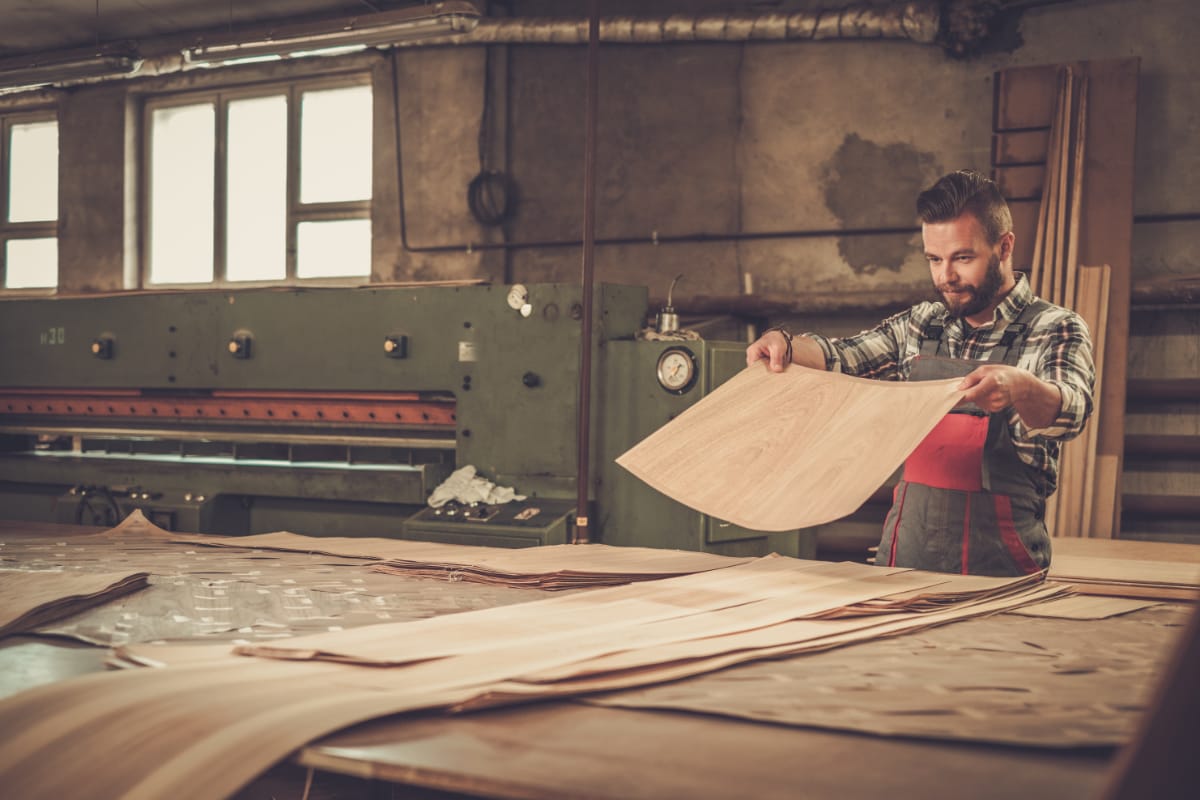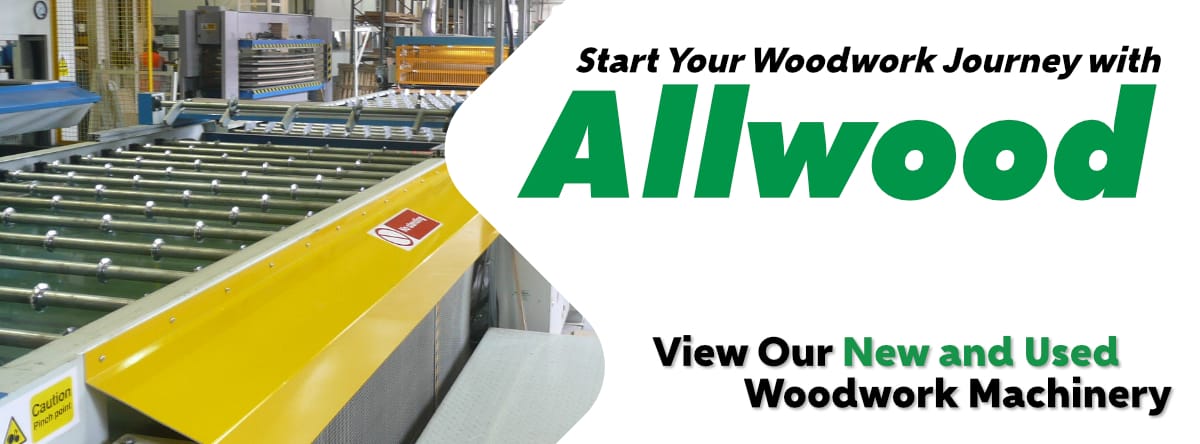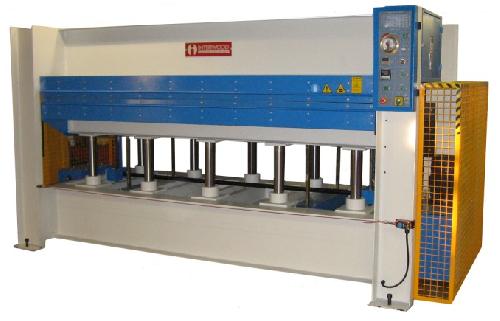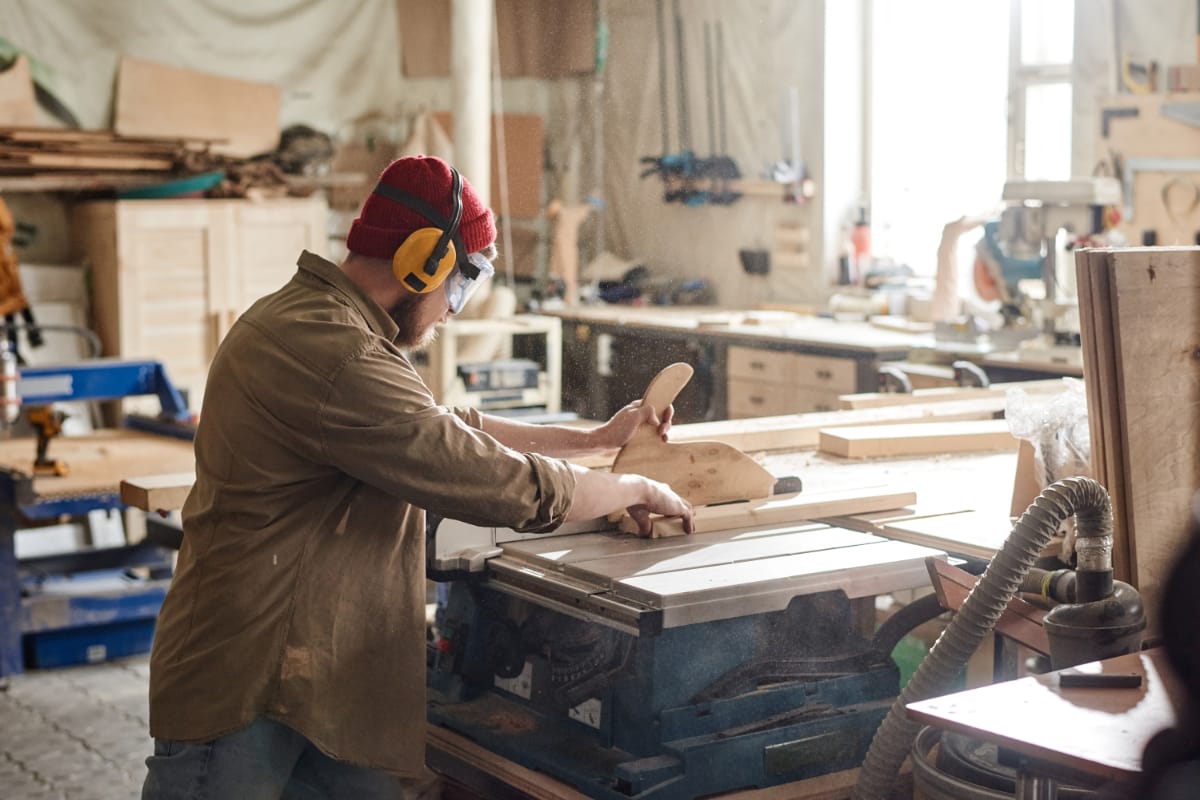Keeping Your Woodworking Machinery Running Smoothly: Why Maintenance Matters
Woodworking machinery is an investment. Whether you're a hobbyist or a professional, keeping your tools in top condition is crucial for safety, efficiency, and longevity. Regular maintenance not only ensures your machines perform at their best but also offers significant environmental and financial benefits.
Safety First:
- Reduced Risk of Accidents: Worn-out parts, misaligned blades, and loose components can lead to unexpected malfunctions, increasing the risk of injuries. Regular maintenance helps identify and address these issues before they become serious hazards.
- Improved Operator Control: Well-maintained machinery responds predictably to operator input. This reduces the risk of kickbacks, jams, and other accidents caused by unpredictable behaviour.
Environmental Benefits:
- Energy Efficiency: Properly maintained machines operate more efficiently, consuming less energy. This translates to lower energy bills and a reduced carbon footprint.
- Reduced Waste: Well-maintained tools produce cleaner cuts and fewer defects, minimising material waste. This not only saves you money on materials but also reduces the environmental impact of wood waste.
Financial Gains:
- Increased Productivity: Machines that are well-maintained operate faster and more accurately, increasing your output and efficiency.
- Extended Tool Lifespan: Regular maintenance helps prevent premature wear and tear, extending the lifespan of your equipment and reducing the need for costly replacements.
- Reduced Downtime: Regular maintenance helps identify and address potential problems before they cause major breakdowns, minimising costly downtime and interruptions to your work.
Simple Maintenance Tips:
- Regular Inspections: Conduct regular visual inspections of your machines, checking for signs of wear and tear, loose parts, and any unusual noises or vibrations.
- Lubrication: Keep moving parts properly lubricated according to the manufacturer's instructions.
- Blade Sharpening: Keep blades sharp to ensure clean cuts and prevent excessive force, which can damage both the material and the machine.
- Cleaning: Regularly clean your machines to remove dust and debris, which can interfere with their operation and increase the risk of overheating.
By investing time and effort in regular maintenance, you can significantly improve the safety, efficiency, and longevity of your woodworking machinery. This not only benefits your bottom line but also contributes to a more sustainable and environmentally responsible woodworking practice.



